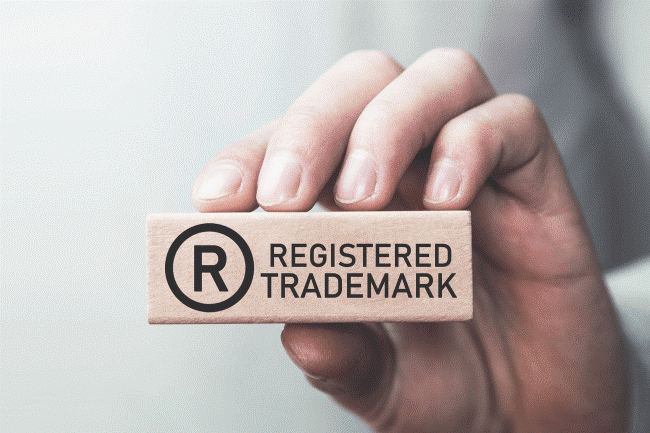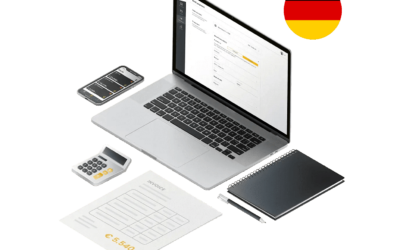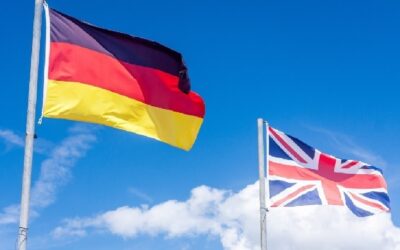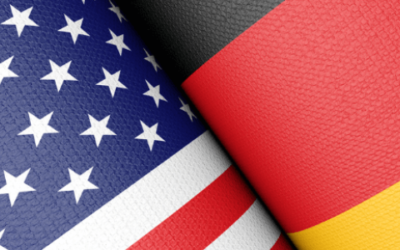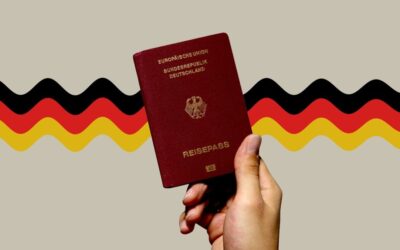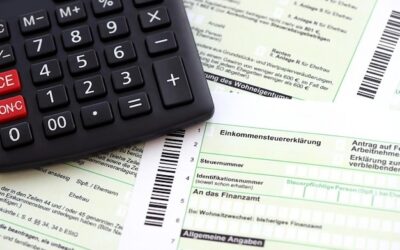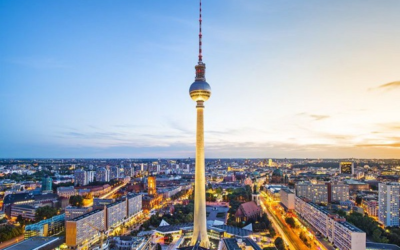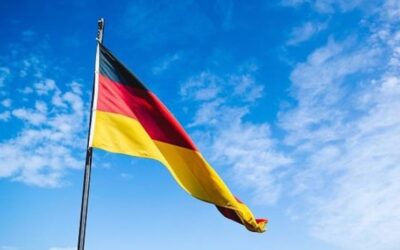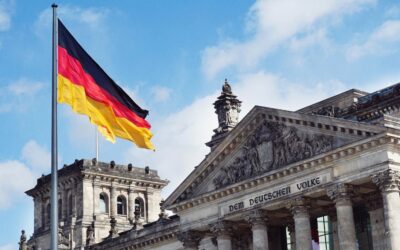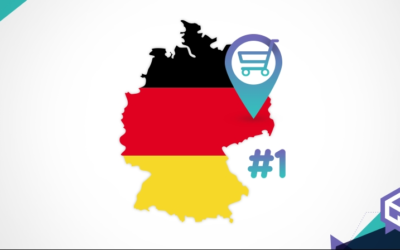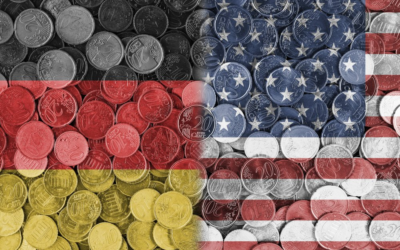In what cases is it necessary to register a trademark?
If you do business in Germany, you have no legal obligation to register a trademark. In other words, the legislation of this country allows you to sell goods or provide services under an unofficial trademark.
We have already discussed the consequences for an entrepreneur who risks working without registering a trademark. The only thing that can save him from financial and reputational losses is proof that the mark is used commercially and has gained recognition among the general public. However, it is tough to prove this and, in most cases, requires significant financial and time expenditures.
There are also situations where registration of a trademark in Germany is mandatory. These include:
The desire to protect your intellectual property rights. This is especially true if your TM becomes recognizable and consumers purchase goods due to their trust in your brand. In such a situation, there may be unscrupulous competitors who want to make money on the popularity of your trademark or even wholly deprive you of the right to use it.
Sale of the company. If you are selling your company or do not exclude such a prospect in the future, registration of a TM in Germany is necessary. After all, a registered trademark is a positive brand reputation and a valuable intangible asset. It can significantly increase the value of your business when you sell it.
Entering a new market. If you are just planning to expand your business into Germany, it is better to do so under a registered TM. This will strengthen the brand’s reputation and attract customers. Even if entering the German market is only at the planning stage, it is recommended that a trademark be registered in advance. At the same time, it is not occupied in the target jurisdiction.
Transition to working with the B2B segment. You can sell goods to individuals at your own risk without registering a trademark, but with the B2B segment, a registered trademark is a prerequisite. Only with an official trademark will you be able to sign licensing agreements, giving you the right to distribute your product.
Securities trading. If you plan to go public with an IPO, that is, sell company shares, you can only do this with a registered trademark.
Expansion of the range. The trademark registration application clearly indicates the list of goods or services that will be protected by it. If you plan to expand the list of your offers to consumers, the trademark will have to be registered again.
If you decide to register trademark in Germany, seek help from professionals.
